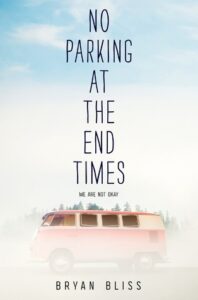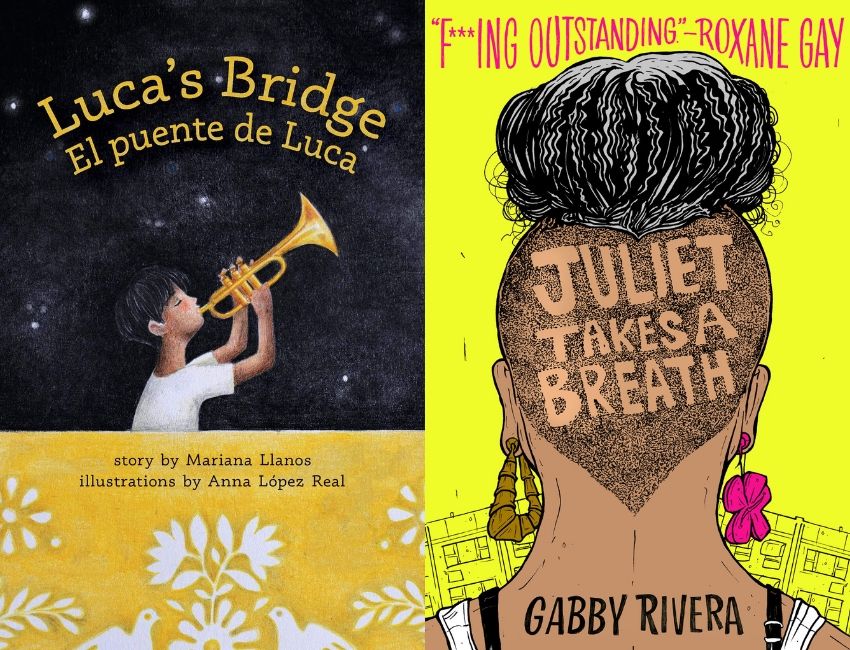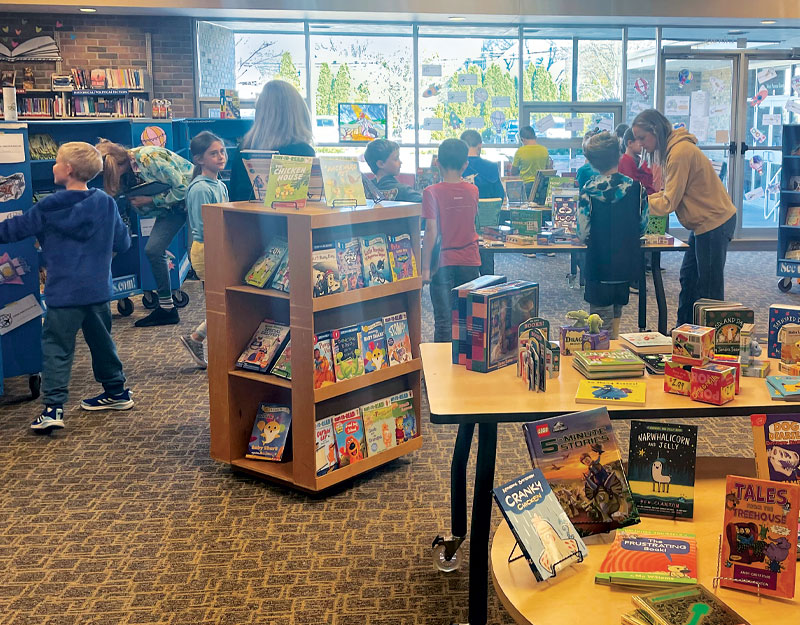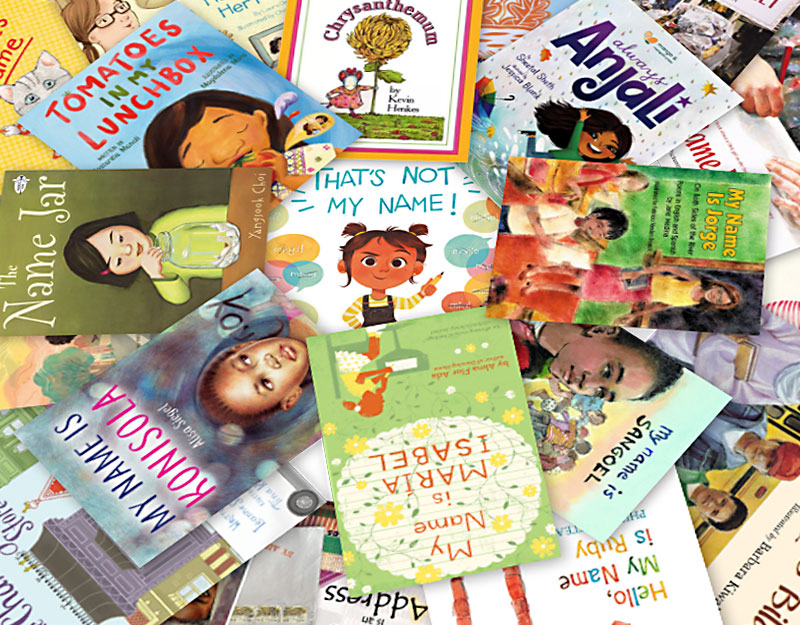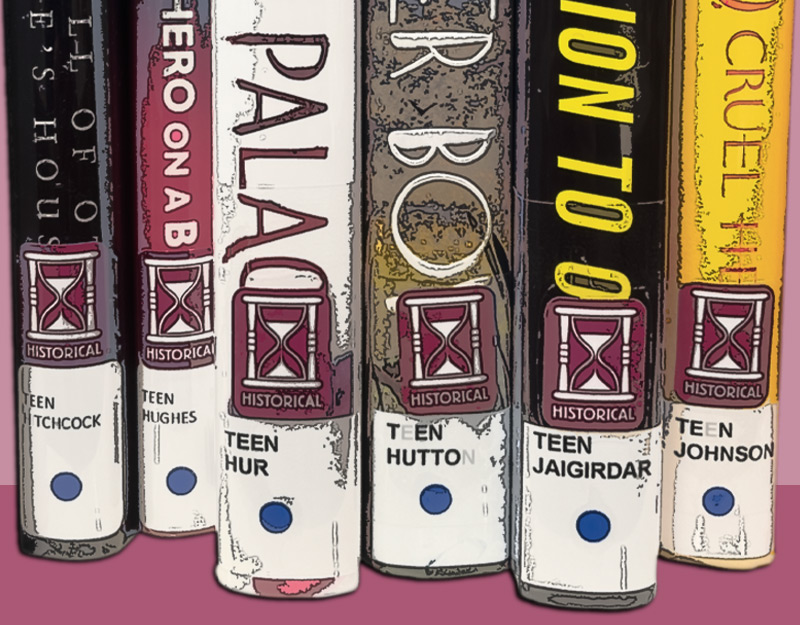#FSYALit: We Can’t Be Afraid of Honest Questions, a guest post by Bryan Bliss about his debut novel No Parking at the End Times
As part of our ongoing discussion of Faith and Spirituality in YA Lit, #FSYALit, we are honored to host author Bryan Bliss as he discusses writing about faith in a YA novel.
When I came up with the idea for my novel, No Parking at the End Times, I was worried. Partially, that fear came from a longstanding promise to myself that I would never write about religion. I was too close to the subject, with my seminary degree and progressive, if not loud, theological opinions. I didn’t want to be seen as a pitchman, barking about my beliefs. And besides: my Christian friends had their books, those message-heavy stories where the salvation comes fast and quick, usually just in time for the third act’s resolution. I wasn’t – I’m not – interested in writing canned stories where teenagers pray and it magically solves all of their problems because:
ADVERTISEMENT
ADVERTISEMENT
a) This never happens.
b) It makes for stupid stories.
And besides, the church spends enough time attempting to sanitize the world for teenagers. Youth groups across the United States are particularly interested in churning out nice kids who never make mistakes and are eternally safe. For a second let’s forget that any of us may have actually read the Bible – a book filled with people making stupid, risky decisions that, more often than not, are rewarded. Forget that Jesus was seen as dangerous because – shocker! – he was going against tradition. Forget that no kid – no matter how coddled, how indoctrinated, how homeschooled – will ever live a life without risk. And just in case it needs to be stated: teenagers aren’t stupid. They know when an adult isn’t giving it to them straight. They know when somebody is kowtowing to nice and safe.
Obviously I have feelings about this.
But if I’m being completely honest, perception wasn’t my problem. Instead, it was something much more terrifying.
If I was going to do this, I couldn’t get it wrong.
The worst thing a story about religion can do is turn honest questions into simple plot pieces. Whether inadvertent of not, the dodge immediately minimizes the big questions of faith. Too many so-called religious novels assume teenagers don’t have these questions, or if they do all they need is a good dose of Jesus. By doing so, by assuming that a simple pat answer can fix these questions, it instead teaches them one definitive lesson: your concerns and fears are not valid.
I hope you see where this is going.
Good young adult literature comes at a story with unflinching honesty. How else can you honor the questions that teenagers live? To think that questions of faith don’t require such treatment is myopic. Maybe more than any other topic, a book dealing with religion needs to highlight the cracks in the foundation. It needs to show both hucksters and saints, while never stooping to the knee jerk assumption that teenagers only want stories that mock religion. This, unfortunately, has been the go-to narrative in YA, perpetuating the assumption that religious teens – or even those marginally interested – cannot stand to have their faith prodded. Instead, young adult literature needs to challenge the base assumptions of faith so that teenagers can acquire the tools needed to unravel the thick and waterlogged knots of theology.
For many, that is a risk. It suggests that questions are more important than answers. That truth is a relative thing dependent upon context and lived experience. It is a risk because it takes the power of telling and interpreting the story out of the hands of cautious adults and says to teenagers, “Here, this is yours. Do with it what you will.”
This is why many of us write young adult literature. It allows us to be both entertainer and articulator, showing the world not only as it is, but also as we hope it could be. However, to do this we cannot leave the creation of stories that deal with faith solely in the hands of religious publishers. That means risking stories that might not be commercially successful. It means risking comments from the hyper-religious and the vigilant atheist. It means writing stories that prod and poke and question. Because how can young adult writers abide anything else?
– Bryan Bliss
About the Author:
Bryan Bliss lives with his family near Portland, Oregon, where he works with teenagers and writes fiction. No Parking at the End Times is his first novel.
You can visit him online at www.bryanbliss.com and on Facebook and Twitter.
Some additional thoughts from those who helped bring No Parking at the End Times into this world:
Faith—and wrestling with faith—is an integral part of so many teenagers’ lives. Some because they are reaffirming their beliefs, and some because they are finding new ones. And what is more deeply personal than this decision? Yet, it’s not a topic we often see in YA literature, perhaps because it is so personal. It’s one of the reasons that Bryan’s No Parking at the End Times was so affecting to me, as an editor. Bryan’s protagonist has one of the trickiest conflicts an individual can face—having her faith shaken. Here was a voice that I recognized from life, but hadn’t seen enough of on the page. A voice that I think many teens will recognize within themselves, as well.—Martha Mihalick, Senior Editor, Greenwillow Books
I’ve always been interested in issues of faith, particularly as it relates to the American teenager. Adolescence is all about figuring out who you are and what you believe, and in real life, questions about faith and religion are a large part of that process. That we shy away from the subject in YA literature does a disservice to our readers. I’ve been proud to champion authors who confront religion, faith and questioning in their work, as well as authors who are informed by their faith and write characters whose beliefs are just one part of a bigger picture. What Bryan does so deftly in No Parking at the End Times is explore all kinds of issues of faith lost—in religion, family, friends, institutions—and how one girl begins to find it again on her own terms. Though her situation is quite extreme, the personal journey that Abigail goes on in the novel is one that I think most teens, and adults for that matter, will relate to easily.—Michael Bourret, Vice President & Literary Agent, Dystel & Goderich Literary Management
About No Parking at the End Times by Bryan Bliss:
Abigail’s parents have made mistake after mistake, and now they’ve lost everything. She’s left to decide: Does she still believe in them? Or is it time to believe in herself? Fans of Sara Zarr, David Levithan, and Rainbow Rowell will connect with this moving debut.
Abigail doesn’t know how her dad found Brother John. Maybe it was the billboards. Or the radio. What she does know is that he never should have made that first donation. Or the next, or the next. Her parents shouldn’t have sold their house. Or packed Abigail and her twin brother, Aaron, into their old van to drive across the country to San Francisco, to be there with Brother John for the “end of the world.” Because of course the end didn’t come. And now they’re living in their van. And Aaron’s disappearing to who-knows-where every night. Their family is falling apart. All Abigail wants is to hold them together, to get them back to the place where things were right. But maybe it’s too big a task for one teenage girl. Bryan Bliss’s thoughtful, literary debut novel is about losing everything—and about what you will do for the people you love.
Published February 24th by Greenwillow Books. ISBN: 9780062275417
Filed under: #FSYALit, Faith, Spiritual Life, Spirituality
About Karen Jensen, MLS
Karen Jensen has been a Teen Services Librarian for almost 30 years. She created TLT in 2011 and is the co-editor of The Whole Library Handbook: Teen Services with Heather Booth (ALA Editions, 2014).
ADVERTISEMENT
ADVERTISEMENT
SLJ Blog Network
One Star Review, Guess Who? (#202)
This Q&A is Going Exactly As Planned: A Talk with Tao Nyeu About Her Latest Book
More Geronimo Stilton Graphic Novels Coming from Papercutz | News
Parsing Religion in Public Schools
ADVERTISEMENT


